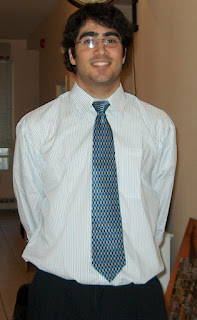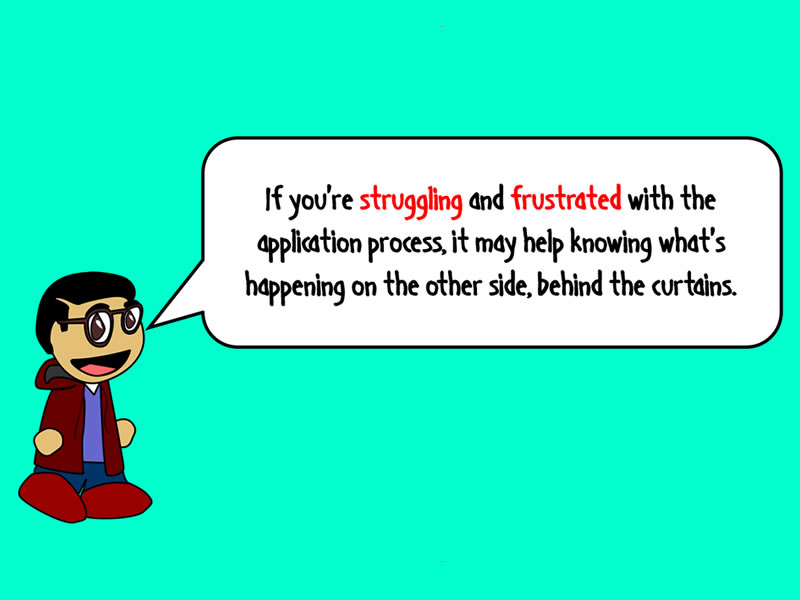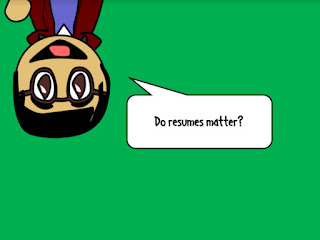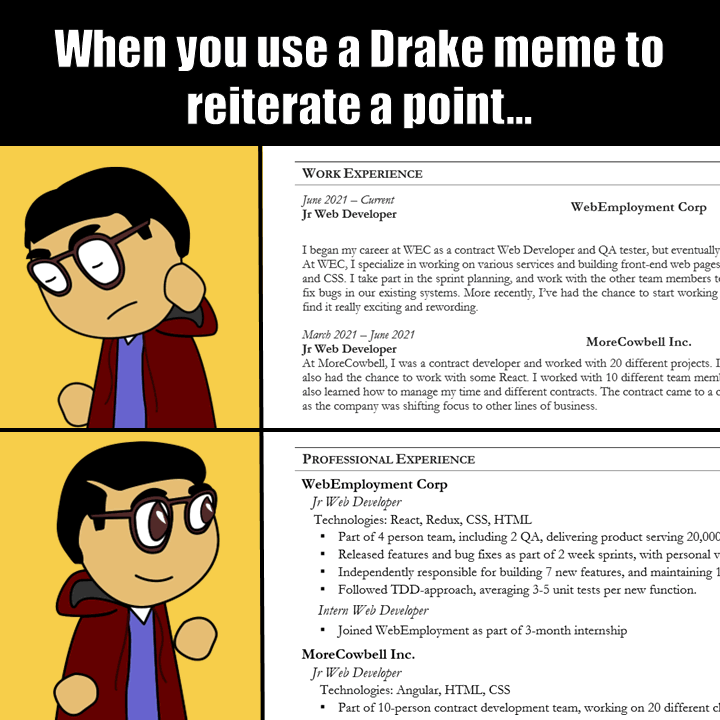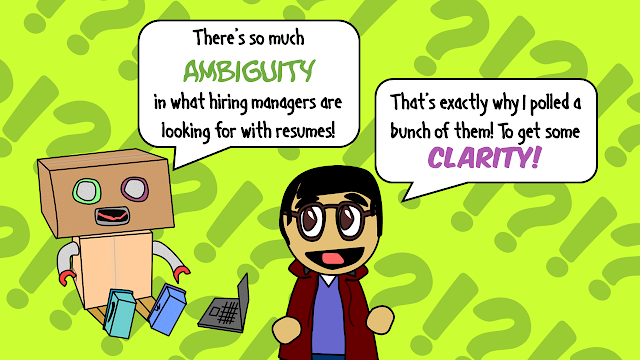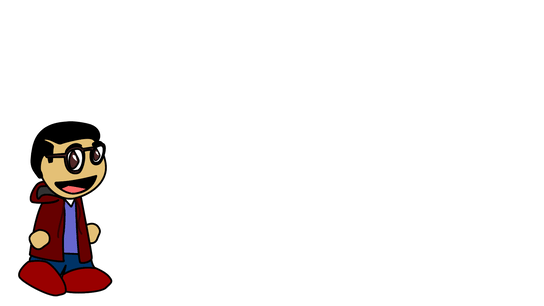The Hustle

15 years ago job hunting for entry-level jobs was not as tough as it is today, but it still wasn't easy. Here's a screenshot of my Gmail when I was first starting out. In addition to job hunting on Monster, and other job boards, I'd scour Craigslist looking for any job or gig that just gave me something to add to my resume/portfolio - for whatever cash they could afford. I cast a wide net (as you can tell by some of the subject lines...somehow I was a "photographer" who didn't even own a camera). My hope was with enough projects, I could eventually build up enough experience to land a job, and (eventually) it worked out. Here's the bit worth noticing: There's a lot that never replied. Some did, but still went nowhere. Eventually just 1 of those emails (the top one) turned into a project. That project helped me get interviews. The many interviews turned into 1 just one job offer. Things quickly got easier from there. So while today may be even harder, I...


